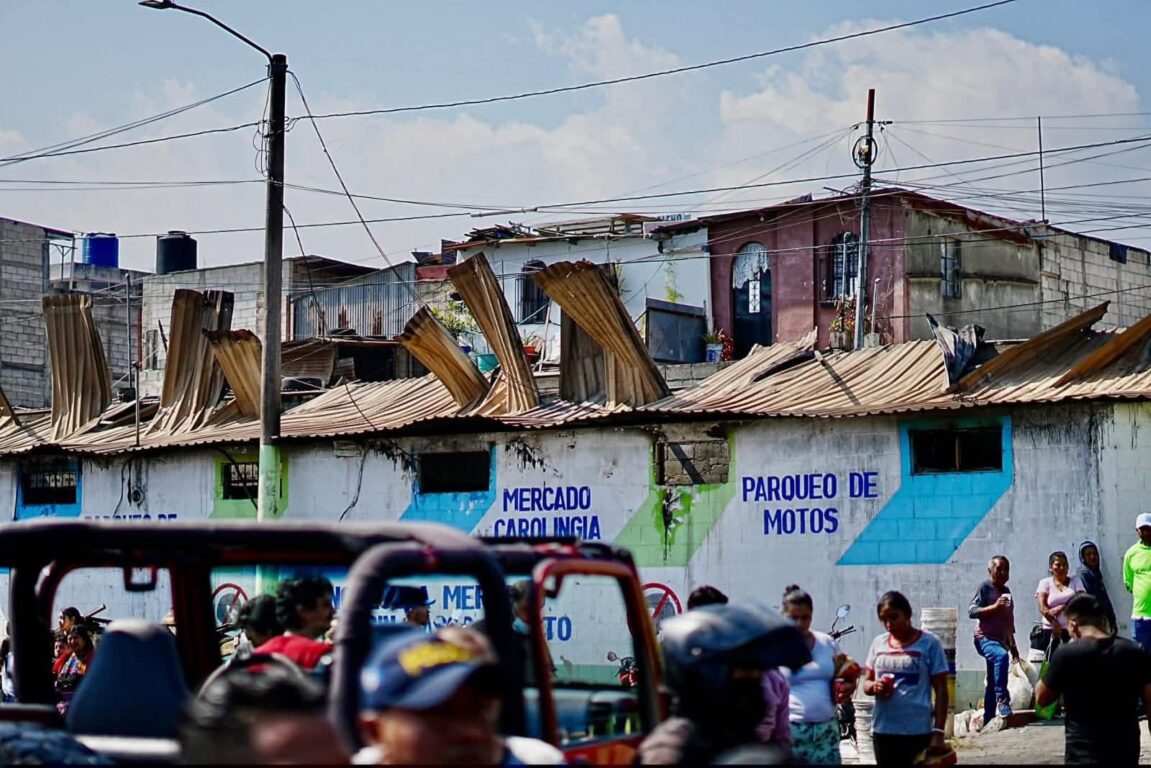By Leslie Vryenhoek
In 1972, the Self-Employed Women’s Association (SEWA) was born as a labour union in Ahmedabad with just 600 head loaders, street vendors and home-based stitchers as members. In 2012, as it celebrated 40 years, SEWA had more than 1.4 million dues-paying members across many occupations. SEWA has spread not only into other states in India, but has also become a global movement inspiring the emergence of similar organizations in other countries. Responding to the needs of its members, SEWA has also developed a developmental approach to complement its labour union rights-based struggles. This has given rise to innumerable member-based co-operatives that provide finance, training, capacity-building, research, health care, child care, and housing programmes.
Throughout its anniversary year, SEWA held celebratory events to mark its four decades of achievement. The last of these was held in December in New Delhi, where SEWA’s founder Ela Bhatt delivered an address, “Let the People’s Sector Flourish: The Journey of SEWA,” at a dinner. In recalling the journey of SEWA’s formation, she said: “… a union is about coming together. Women need not come together against anyone, women needed to come together for themselves. By forming a union (SEWA) or a bond – the poor, self employed women affirmed their economic status, and thus generated their visibility and voice.”
In concert with these celebrations, SEWA and WIEGO co-hosted two events on December 12 at the India Habitat Centre in New Delhi.
The Power of Statistics showcased the joint efforts of SEWA, the WIEGO Network, and the International Expert Group on Informal Sector Statistics (known as “the Delhi Group”) to make women and men in the informal economy visible internationally as a first step towards integration into the mainstream economy. In 2002, WIEGO partnered with the International Labour Organization (ILO) to produce Women and Men in Informal Economy: A Statistical Picture. This publication, co-authored by Martha Chen and Joann Vanek, Director of WIEGO’s Statistics Programme, provided the first statistical picture, using available national data, of the informal economy worldwide. The main findings from an updated version, to be published soon by the ILO, were featured at the December 12 workshop along with other important milestones. Read more about the workshop and see the agenda and participants.
The second event launched a volume that documents a unique journey begun almost a decade ago, when a group of Cornell economists began to explore, with SEWA and WIEGO, whether it was possible to bridge the perspectives of mainstream economists and ground level activists on economic policy and methods. Between 2004 and 2011, the group undertook five Exposure-Dialogues during which participants – primarily economists, other social scientists and activists – lived and worked for a few days and nights with women who earned their livelihoods in the informal economy. These firsthand experiences tested economic theory against the reality of informal employment. Group dialogues followed each exposure. These EDPs occurred in Ahmedabad, India (2004 and 2008); Durban, South Africa (2007 and 2011); and Oaxaca, Mexico (2009).
After each Exposure and Dialogue, members of the group further examined their experiences through written reflections, both personal and technical. SEWA Academy, the training and capacity building wing of SEWA, has now produced a volume of reflections, written by the participants, titled Bridging Perspectives: The Cornell-SEWA-WIEGO Exposure and Dialogue Programme on Labour, Informal Employment and Poverty. These writings highlight a remarkable process of personal enlightenment and group discourse on informality, poverty, gender and economics. The volume was launched at the December 12 event in New Delhi.
Sourced from www.inclusivecities.org


